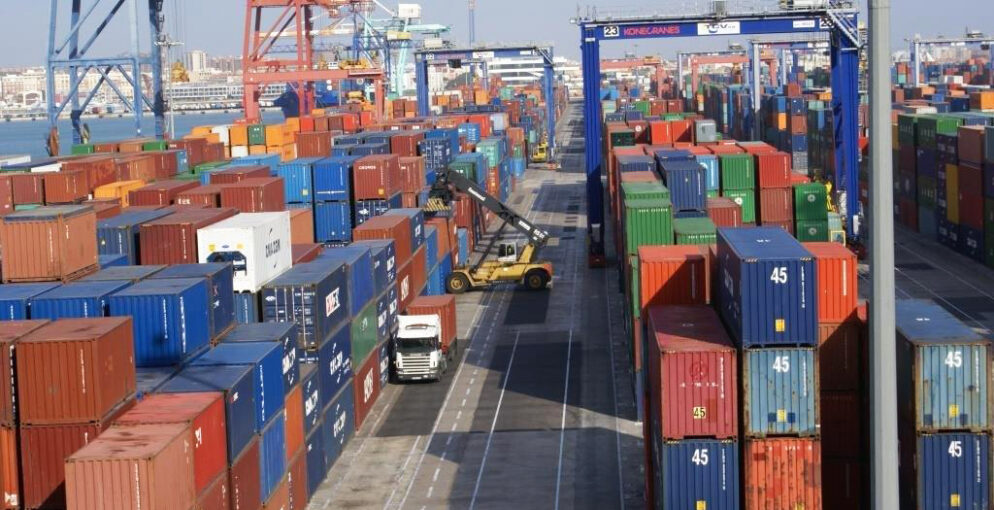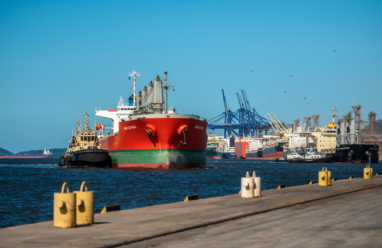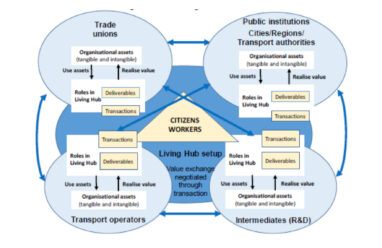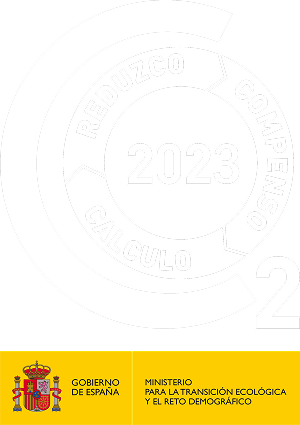The FOR-FREIGHT project aims to maximise the utilisation of multimodal freight transport capacity and reduce the average cost of freight transport through the development of novel solutions and their integration with legacy logistics systems. This will enable more effective and sustainable management of goods and freight flows in airports, ports, inland terminals and various logistics nodes, taking into account the requirements of all involved stakeholders, and accounting for economic, environmental and social aspects.
Through the FOR-FREIGHT solutions the following functionalities will be delivered:
· Real-time door-to-door tracking and status monitoring & control of cargo.
· Decision Support Systems for the optimization of resource utilization based on Digital Twin concept.
· Increased resilience against large scale disruptive events and increased security of information based on Blockchain technology.
· Increased sustainability through the implementation of a carbon footprint assessment framework and use of alternative modes of transportation (subway).
To achieve these ambitious goals, the FOR-FREIGHT project engages world-leading T&L stakeholders specializing in different modes of transportation, such as port and airport authorities, terminal operators, airfreights handlers, train operators and major transport/shipping operators and brings them together with leading SW and technology developers, research organizations and innovative SMEs.
This collaboration will drive the deployment of three state-of-the-art multimodal trial facilities, to enable real life trials in operational environments covering heterogeneous multimodal scenarios, namely, seaport to logistics hub and last mile delivery, seaport to airport (airfreight) and river-port to rail cargo. A cloudbased experimentation platform will be offered by FOR-FREIGHT, integrating access to the three trial sites, and offering advanced monitoring and experimentation tools.
Fundación Valenciaport participates in the maritime-port use case, which contemplates the maritime-port section and extends along the Valencia-Madrid corridor, ending at the last mile distribution stage. Moreover, will coordinate the technological developments and applications that will serve to provide greater interoperability and standardization to the digital platforms involved in the aforementioned stages.






